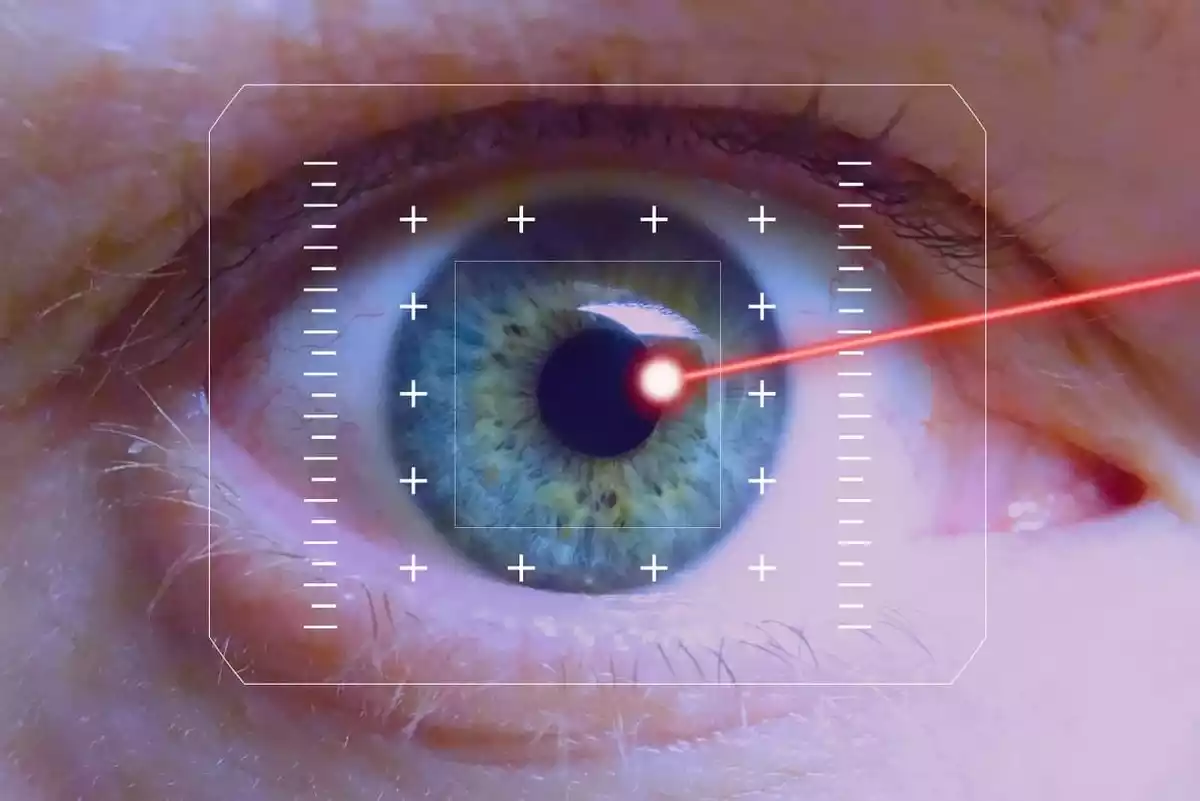
Many people use and wear glasses, from having to wear them to see, for corrective issues, or to provide extra clarity when doing things like reading or driving. For some people, their vision problems can be addressed and corrected with Lasik eye surgery. But before you apply and go through with any procedure, it is important to understand what will happen before, during, and after any operation.
Consideration Prior To Surgery
Before you even get approved for surgery there are a few things that you need to do before getting such a treatment can be considered. You should be seeing an optometrist regularly for an annual exam. They should be providing you updates on your prescription for your vision issues, but at your appointment, you can bring up your desire for Lasik surgery. This is where they will examine your specific history and case, and then confirm that you are a good candidate for the surgery or not. If you are a qualified candidate, your optometrist will make a referral to a Lasik center to let them know that you are interested in corrective eye surgery. They will do tests to determine how to proceed and whether or not you should indeed get the surgery.
Tests Before Surgery
These tests will be involved, comprehensive exams that can be done before your Lasik examination with your regular eye doctor. During this exam, they will use special drops to relax your ability to focus in order to see your prescription. If you are regularly seeing your optometrist, they have your records and can see your vision history. Before Lasik can be done, it is important to do cycloplegic refraction in order to relax your systems to see your prescriptions present. It is important to know what is there before getting your vision permanently fixed and changed. Your optometrist will also do some tests to measure a few things and send all the data to your corresponding eye surgeons. The tests will include keratometry or curvature of your eyes, the thickness of the front surface of your eyes, the size of your pupils, and the general health of your eyes. These will all be important in determining if you are a good candidate, and all the information will then be relayed to your surgeon. If they do give you the approval, you will be presented by the doctors on what to expect with the procedure, including all the risks and the pricing for your corrective surgery.
Day Of Surgery
If you were approved to get Lasik done, you will then be scheduled for your surgery date. On the day of your surgery, throughout the procedure, a topical anesthetic will be applied to your eyes. The doctors will secure your eye open with a device called a lid speculum and utilize another device to keep your eye or eyes looking forward, which may feel uncomfortable. As strange as this may feel, this is necessary to ensure that your eyes aren’t moving during the procedure. Your surgeon will walk you through what will be occurring during surgery, but you won’t really notice anything except hearing some things like beeping in the background. The actual Lasik surgery does not take too long, with an average of about 10-20 minutes for the surgery to complete. This all depends on each person, their prescriptions, and their eyes.
After Surgery
Once the surgery has been completed, you will notice the changes immediately, being able to see clearly with both eyes. After Lasik, you will go home with a few different drops. Amniotic drops help with regenerative care for your eyes, antibiotic drops can be used for preventing infections, and anti-inflammatory drops to keep swelling down. Depending on your surgeon and doctors, they may prescribe different drops so it is important to listen to their instructions carefully and follow their schedule of implementation. After your surgery, you will also be scheduled for follow-up appointments to check on your post-op care and to see how you are doing. These appointments will vary depending on how they determine you are doing, where if you are doing well, you may not be required to come in as frequently to see your progress.
After a Lasik surgery, it is just as important to visit your optometrist regularly to help maintain your vision and eye health. Your vision care doesn’t stop just because you received laser correction. You need to do your part to help keep your eyes healthy and free of problems after surgery and to see your doctor regularly.

